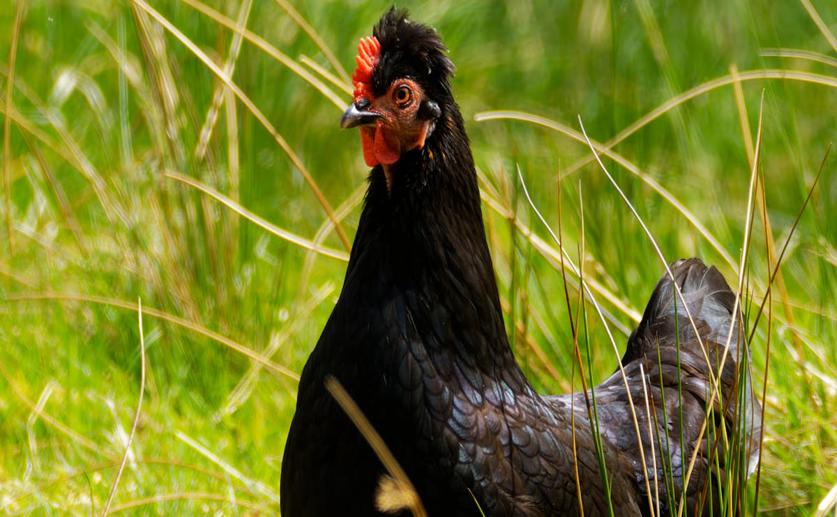
How Fermented Sweet Potato Impacts Chicken Nutrition and Meat Quality
Jenn Hoskins
14th May, 2024

Image Source: Graeme Travers (photographer)
Key Findings
- In China, fermented sweet potato residue (FSPR) is tested as a corn substitute in poultry feed
- FSPR diets (up to 10%) maintain growth and improve meat quality in yellow-feathered broilers
- Higher FSPR levels in feed enhance broiler immune function and gut bacteria diversity
AgricultureNutritionAnimal Science
References
Main Study
1) Effects of fermented sweet potato residue on nutrient digestibility, meat quality, and intestinal microbes in broilers.
Published 13th May, 2024
https://doi.org/10.1016/j.aninu.2024.03.007
Related Studies
2) Fermented and nonfermented liquid feed to growing pigs: effect on aspects of gastrointestinal ecology and growth performance.
Journal: Journal of animal science, Issue: Vol 81, Issue 8, Aug 2003
3) Systematic analysis of the association between gut flora and obesity through high-throughput sequencing and bioinformatics approaches.
4) Lactobacillus plantarum ZJ316 improves the quality of Stachys sieboldii Miq. pickle by inhibiting harmful bacteria growth, degrading nitrite and promoting the gut microbiota health in vitro.



 21st April, 2024 | Greg Howard
21st April, 2024 | Greg Howard